
China’s Defense Minister Disappears Under Cloud of Corruption Probe
General Li Shangfu, a veteran of China’s military modernization drive, who rose through the ranks to become the defense minister this year, has disappeared under the cloud of a corruption probe within six months of assuming office.
Li gained prominence under President Xi Jinping’s push for military strength during his decade in power, coinciding with deteriorating relations between China and the United States on issues such as Taiwan, the democratically governed island that Beijing claims.
However, part of Xi’s agenda to enhance the military’s capabilities involves eradicating corruption that has long plagued China’s military and other state institutions.
Li, aged 65, played a significant role in China’s space and cyber warfare development and served as the head of military procurement before being elevated to the position of defense minister in March.
His disappearance from public view last month and his absence from meetings, including those with foreign counterparts, led to reports that Li was under investigation in a broad probe related to military equipment procurement. Details of the specific purchases under scrutiny remain undisclosed. China’s defense ministry has not responded to requests for comment, and the foreign ministry’s spokeswoman stated that she was not aware of the situation.
While the role of defense minister is largely considered diplomatic and ceremonial, Li holds the position of one of China’s five state councillors, a cabinet position that outranks other ministers. Additionally, he has a more public role on the Central Military Commission, China’s top defense body, led by Xi.
Li’s tenure began at a time when Washington was pushing for the restoration of military dialogue and communications, which Beijing had suspended in response to a visit to Taiwan by Nancy Pelosi, then-speaker of the House of Representatives.
Chinese officials have repeatedly called for the U.S. to lift sanctions on Li as a precondition for resuming high-level military communications. This dynamic adds complexity to the ongoing tensions between Washington and Beijing, encompassing issues ranging from trade to Taiwan.
In June, Beijing declined a U.S. request for a meeting between Li and Defense Secretary Lloyd Austin at a high-profile annual security forum in Singapore, where their encounter only consisted of a handshake.
During the forum, Li cautioned that conflict with the U.S. would be an “unbearable disaster” but emphasized China’s preference for dialogue over confrontation.
In mid-August, Li met with high-ranking officials in Russia and Belarus, demonstrating support for countries diplomatically isolated by the West following Moscow’s invasion of Ukraine.
Li was last seen in Beijing on August 29, delivering a keynote address at a security forum with African nations.
Li’s background as a technocrat, particularly as an aerospace engineer involved in China’s satellite program, was advantageous in pursuing Xi’s objectives for the People’s Liberation Army (PLA), according to experts.
James Char, a security scholar at Singapore’s S. Rajaratnam School of International Studies, noted, “The operational and technological background of the next Chinese defense minister is especially pertinent given that the PLA aims to become a world-class military by 2049.”
In 2016, Li was appointed deputy commander of the PLA’s fledgling Strategic Support Force, a specialized group tasked with accelerating China’s development in space and cyber warfare capabilities. He subsequently headed the Equipment Development Department of the Central Military Commission.
Li faced sanctions over the acquisition of ten Russian Su-35 combat aircraft in 2017 and equipment related to the S-400 surface-to-air missile system.
In July, the Equipment Development Department took the unusual step of announcing its intention to “clean up” its bidding process, inviting the public to report irregularities dating back to October 2017, during Li’s leadership. He remained in charge of the unit until October 2022.
Li’s term at the Central Military Commission highlighted his close ties to Xi, who has solidified his control over the military. Some analysts believe Li has a strong connection with Zhang Youxia, a key military ally of Xi, whom Li succeeded as head of the department.
Zhang was promoted to first vice-chairman of the military commission during the Communist Party Congress last year, with Li subsequently joining the commission’s seven-person governing group.
While Li’s absence raises uncertainty, analysts believe there is no shortage of senior military officials capable of stepping into the figurehead role of defense minister. A more significant question pertains to Beijing’s ongoing prioritization of China’s military diplomacy amid ongoing regional tensions. Inputs From Reuters.
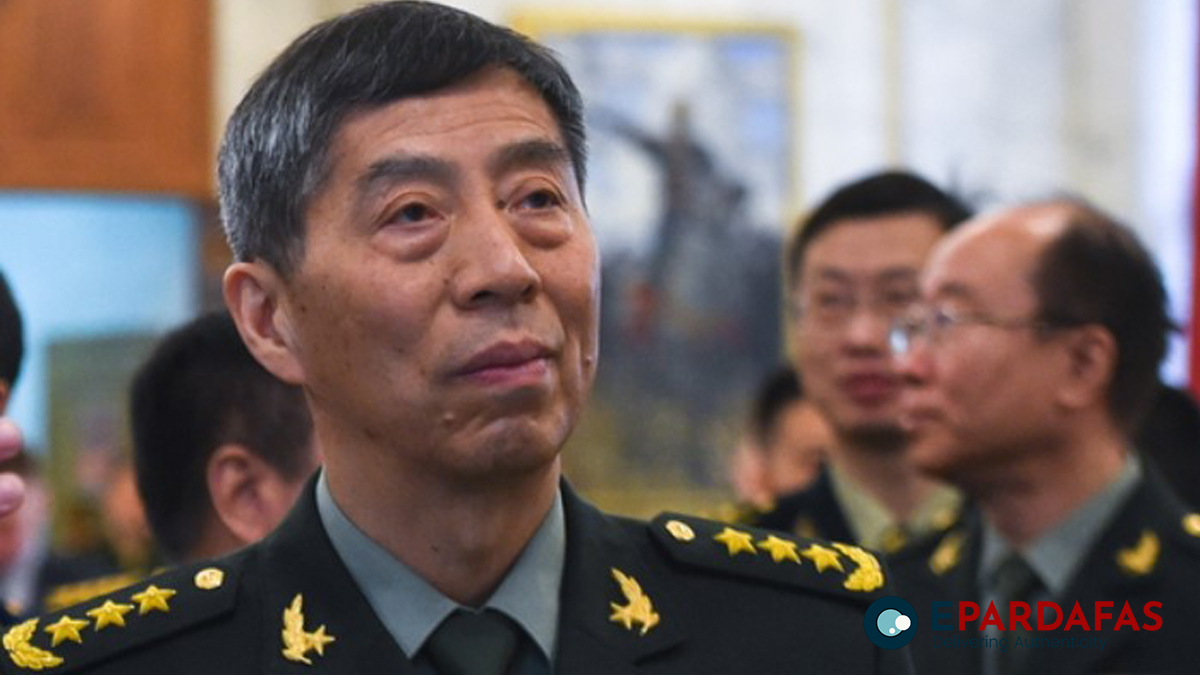




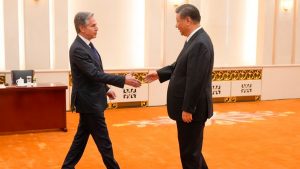

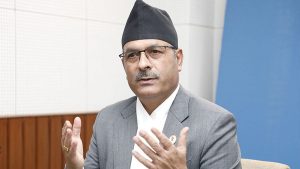


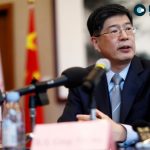
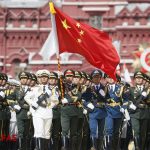


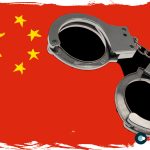
Comments